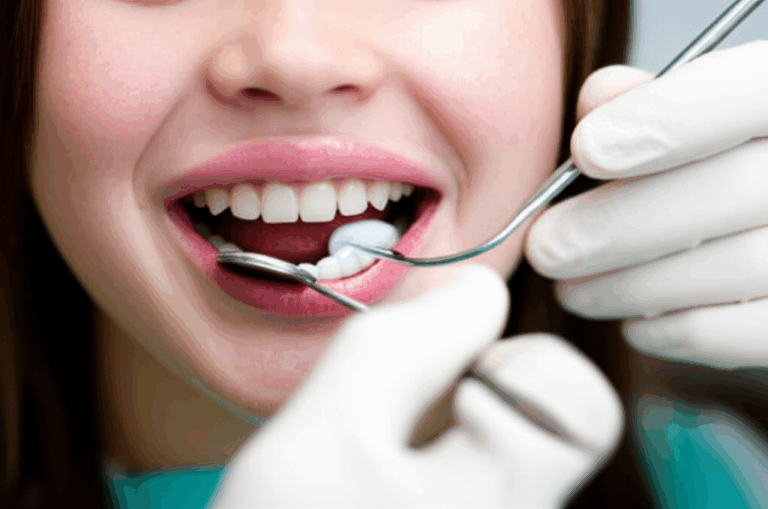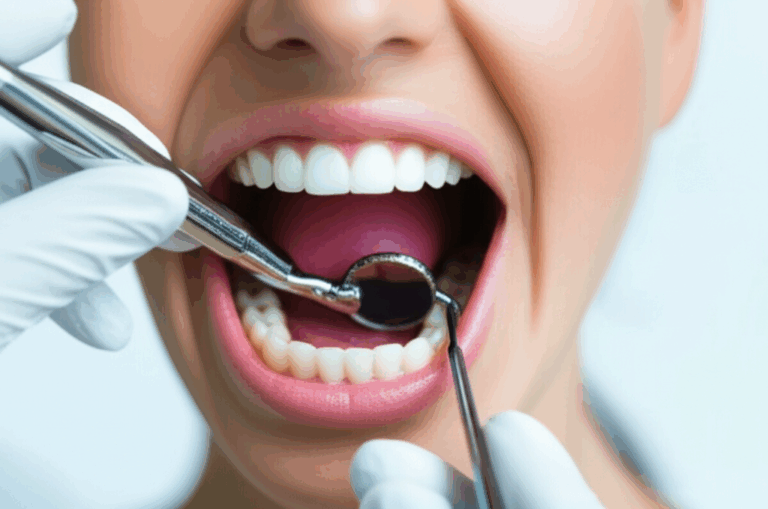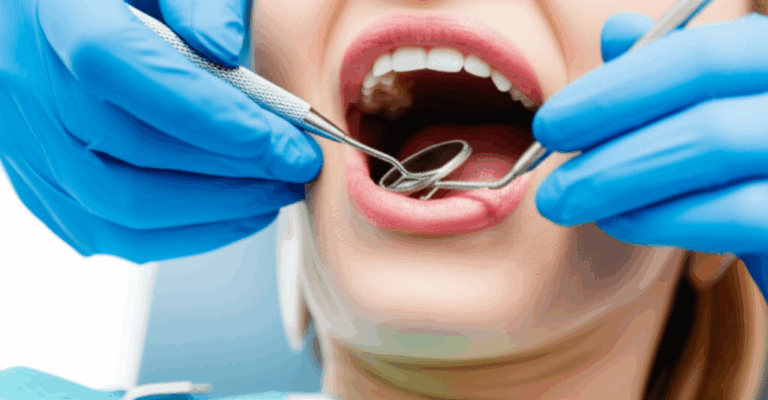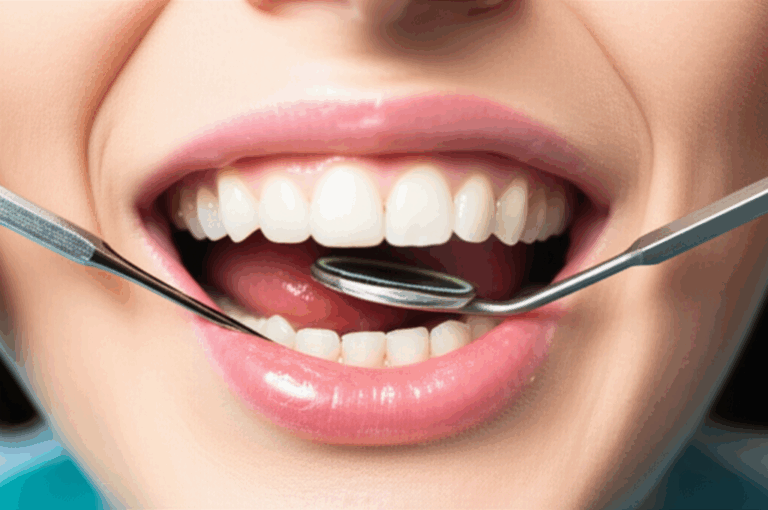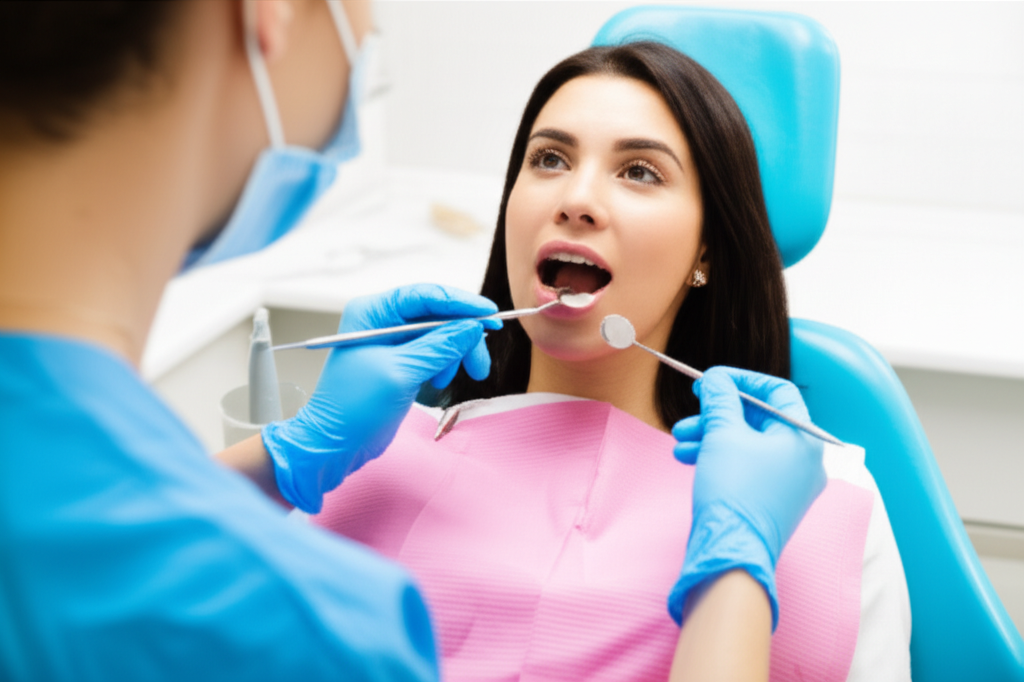
Tooth Extraction During Pregnancy: Safety, Risks, and Expert Guidance
Wondering if it’s safe to pull a tooth while you’re expecting? Discover clear, simple answers about dental extractions in pregnancy, including when it’s safe, what to expect, tips for comfort, and how to protect your health and your baby’s well-being. This guide explains everything pregnant women need to know about dental care—no confusing words or scary stories!
Table of Contents
Is It Safe to Get a Tooth Pulled While Pregnant?
Let’s answer the big question right away: Yes, a dentist can pull a tooth while you’re pregnant. Sometimes it’s even more dangerous to wait!
But just because you can have a tooth pulled doesn’t mean you should rush into it. Some dental work can wait. Others—like an abscess or painful infection—need fast care to keep you and your baby safe.
Most dentists, like those at a digital dental lab, follow special rules for pregnant people. They work with your OB/GYN to keep both you and your baby okay.
Why is this topic so important? If you have tooth pain while pregnant, you’re probably worried. You want your baby safe and you want to get rid of your pain. And you definitely don’t want to make things worse.
Let’s go through the details to help you decide what’s best!
Why Is Good Dental Care Important During Pregnancy?
When you’re pregnant, there’s a lot going on in your body. Your hormones change, your gums might swell up and bleed, and some dental infections are actually more dangerous with a baby on the way.
Did you know infections in your mouth can affect your baby? A serious tooth infection might cause your baby to arrive early or weigh less. Very rarely, it can even lead to bigger infections in you.
Here’s why dental care matters while you’re pregnant:
- Hormone changes make gums extra sensitive. Brushing or flossing might bring some bleeding.
- Pregnancy gingivitis (swollen gums) is common.
- Cavities can get worse from changing eating habits or morning sickness acid.
- Infections in your mouth can spread to your body… and might even reach your baby.
- Dental emergencies sometimes show up when you least want them!
What matters most? Staying out of pain and free from infection keeps you—and your baby—healthy.
When Is the Best Time for Dental Work in Pregnancy?
Not all parts of pregnancy are the same for dental visits! Here’s what I’ve learned talking with dental experts and reading up over the years:
First Trimester (Weeks 1–13)
- This is when your baby’s major parts are forming.
- If you can wait on non-urgent dental work, do so.
- But don’t ignore emergencies! If you have real pain or infection, handle it now.
Second Trimester (Weeks 14–26)
- This is known as the best time for dental work.
- Your baby is big enough for a little stress and you probably feel a bit better too.
- Most dentists say this is the safest time for fillings, tooth pulling, and other needed work.
Third Trimester (Weeks 27–birth)
- Your baby is getting big. It’s pretty uncomfortable lying back in the chair.
- There’s a small risk of having contractions if you’re super stressed or hurting.
- Only do urgent stuff. Comfort and safety first.
Quick tip: Try for the second trimester if you have a choice, but if it’s an emergency, go right away.
What If I Need an Emergency Tooth Extraction?
Tooth pain doesn’t care about your calendar. Sometimes you have to get a tooth pulled—even early in pregnancy.
Let’s be real. Picture this: your wisdom tooth is throbbing, you can’t eat, sleep, or talk. You try salt water, cold packs, Tylenol, but nothing works.
Here’s the thing: If you don’t treat it, the infection can get worse. It could spread into your jaw or blood (that’s called sepsis—really dangerous).
Why wait? If you skip the dentist, things can get so bad you might need to go to the hospital.
Solution: If your dentist says you should get it out, don’t stress. Today’s numbing medicine (like lidocaine) is safe in pregnancy. Dentists take extra steps with medicine, X-rays, and caring for you afterwards. Many use new tools—from digital dental labs to dental ceramics labs—so things are quick and gentle.
Let your dentist and OB/GYN know you’re pregnant and how far along you are.
What Kind of Medicines and Numbing Is Safe?
Nobody likes pain—pregnant or not! You might worry numbing shots or antibiotics could hurt your baby.
Here’s the real deal:
- Local numbing, like lidocaine with epinephrine, is very safe in pregnancy. It only numbs one spot, not your whole body, and is what dentists usually use.
- X-rays: Dental X-rays are safe with a lead apron over your belly and a cover on your neck. Digital X-rays use super tiny amounts of radiation.
- Antibiotics: Some are fine, like amoxicillin and clindamycin. Others (like tetracycline) are not. Your dentist will pick a safe one if needed.
- Pain medicine: Acetaminophen (Tylenol) is safest. Stay away from things like ibuprofen or naproxen, especially later in pregnancy.
Allergies? Tell your dentist before you start so they can find something safe for you.
What Are the Risks if I Skip the Dentist?
It’s easy to want to “wait it out” and skip dental stuff while pregnant. But here’s what could happen if you do nothing:
Problem: Bad tooth or gum issues don’t heal on their own. Infection can spread. You might not eat as well. Pain can mess up your sleep and make you feel run down.
Why it matters: Serious dental disease in pregnancy can do more than just hurt. It raises the chance of:
- Early labor
- Low birth weight
- Dangerously high blood pressure (preeclampsia)
- Bad infection (sometimes sepsis)
Best move: Taking care of your mouth helps both you and your baby. Dentists know how to use safe shots and medicines during pregnancy. Fixing a bad tooth is better for you than waiting.
Are There Other Options Besides Extraction?
Maybe your tooth isn’t so far gone. Sometimes you can try other things to avoid or put off a full extraction:
- Temporary fillings: If the spot isn’t too big, your dentist may do a simple filling to last until the baby comes.
- Root canal: A root canal can sometimes save the tooth. This is safe enough in the second trimester if really needed.
- Basic home care: Saltwater rinses, cold packs, Tylenol—these can help for a little while.
If you need a new crown or bridge, a good crown and bridge lab can make one from a simple scan, so you won’t need to keep going back for appointments.
Talk to your dentist about what you can do. They’ll help you find the safest choice.
How Should I Care for My Mouth After a Tooth Is Pulled?
Taking care of your mouth after an extraction is very important when pregnant. You want to heal nicely and avoid infection.
Try these steps:
- Rest: Take it easy the rest of the day.
- Pain: Use only what your dentist says is okay—this is usually Tylenol.
- Ice: If your jaw swells or aches, use an ice pack for 20 minutes at a time.
- Soft food: Stick to things like soup, yogurt, applesauce, or mashed potatoes.
- Rinse gently: After 24 hours, rinse with saltwater to clean the spot.
- Keep brushing: Stay with good mouth care, but skip the sore area at first.
Call your dentist if you get:
- Bleeding longer than a few hours
- Fever or pus (could mean infection)
- Bad pain (could be dry socket)
How Do I Prevent Dental Problems While Pregnant?
A little prevention is way better than a big toothache! Try these simple habits:
- Brush twice a day with toothpaste that has fluoride
- Floss once a day (don’t mind a little bleeding)
- Eat a healthy mix: Go for grains, lean meat, fruit, veggies, and dairy. Avoid sugary snacks and soda.
- Drink water instead of sweet drinks
- See your dentist regularly: Cleaning and check-ups ARE safe, especially in the second trimester.
- Use mouthwash approved for pregnancy if your dentist says it’s okay
If you use dentures or night guards, a special removable denture lab can help make sure they fit right and don’t bother your gums.
When Should I Call My Dentist or Doctor?
Don’t wait if you have:
- Tooth pain that stays
- Swelling in your gums or face
- Pus anywhere in your mouth
- Bleeding that gels or won’t quit
- Big trouble eating, drinking, or sleeping because of mouth pain
- High fever
Don’t try to handle it alone. Tell your dentist you’re pregnant when you call. They’ll use every safety step for you and your baby.
Good to know: Dentists and OB/GYNs work together to keep you and baby healthy all the way through pregnancy!
Table: Safety of Dental Treatments by Trimester
| Trimester | Routine Cleanings | Fillings/Crowns | Extractions/Root Canal | X-Rays | Antibiotics/Pain Meds |
|---|---|---|---|---|---|
| First (Weeks 1-13) | Safe; good idea | Wait if possible | Only if urgent | Okay if emergency, with cover | Only if dentist says so, safest ones |
| Second (Weeks 14-26) | Best time | Best time | Best time | Yes, use cover | Yes, as dentist says |
| Third (Weeks 27-birth) | Safe, can be tricky | Only if you have to | Only if you must | Okay if needed, with shield | Only the safest ones |
Summary: Main Points to Remember
- Yes, you can get a tooth pulled while pregnant. It’s safer than staying in pain or having an infection.
- Best time is the second trimester, but emergencies come first no matter when.
- Dentists use safe numbing shots and cover you up during X-rays.
- Untreated dental problems can harm you and your baby.
- Good dental care during pregnancy means regular visits, brushing, flossing, and eating right.
- Always tell your dentist and OB/GYN you’re pregnant. They’ll help keep everything safe.
- Don’t ignore pain or trouble. When in doubt, call your dentist.
- For the latest dental solutions, modern china dental labs and experts can make safe dental fixes, with your pregnancy in mind.

